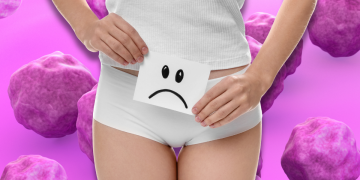Forget green smoothies and HIIT workouts – Flinders University experts reveal if you want to level up your life, you might just need … more sleep.
Ever bragged about pulling an all-nighter or surviving on four hours’ sleep and a triple-shot latte? We’ve all been there.
But it turns out getting decent sleep isn’t just for babies and Boomers.
According to some of the world’s leading sleep experts from Flinders University, skipping sleep isn’t something to flex about – it’s hurting your health.
“Sleep is one of the three pillars of good health, along with diet and exercise, but it still doesn’t get the respect it deserves,” says Professor Danny Eckert, Director of Flinders Health and Medical Research Institute (FHMRI) Sleep Health.
Let’s face it, a lot of us have ditched sleep for a Netflix binge or night out.
But here’s the kicker: getting a solid night’s sleep isn’t just “nice to have” – it’s essential.
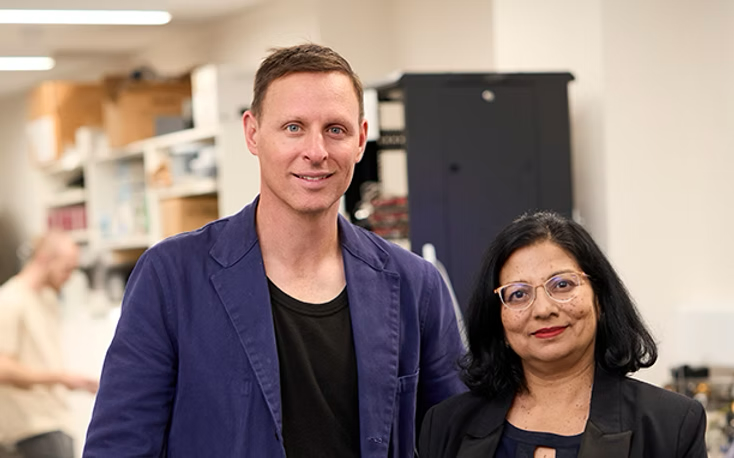
Why sleep = real-life superpowers
Sleep is your body’s prime time for recovery. Professor Sutapa Mukherjee explains that when we sleep, our brain processes information, consolidates memories, and flushes out waste products in the brain.
“Sleep is so important for the immune system, and healing the body,” says Sutapa, a senior respiratory and sleep physician at FHMRI Sleep Health.
Adds Danny: “Every single organ – pretty much every single cell in the body – is adversely affected if you’re not getting enough or you get disrupted sleep”.
Tiredness isn’t the only problem
Around 40 per cent of Australians have inadequate sleep, causing more than just grumpy mornings. Poor sleep significantly increases your risk of serious issues like heart disease, diabetes, obesity, and even depression.
Danny also has a warning about the alarming impact on road safety.
“If you’re awake for 19 hours in a row, your performance and reaction time is the equivalent of a .05 blood alcohol level. And if you’re awake for 24 hours, it’s about the equivalent of .1, so well and truly over the legal limit.” Yikes!
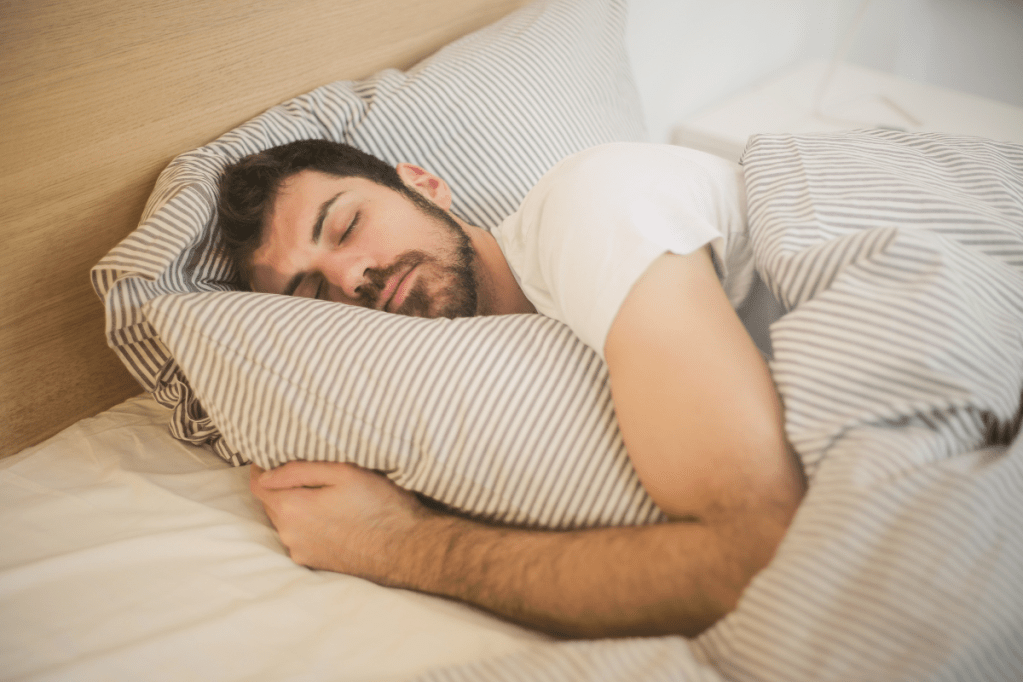
Insomnia and sleep apnoea: The uninvited guests in your bed
Insomnia isn’t just lying awake because you scrolled TikTok until 2am. It’s a chronic condition marked by ongoing trouble falling asleep or staying asleep, significantly impacting your daily functioning.
Then there’s obstructive sleep apnoea (OSA) – a serious sleep disorder where breathing repeatedly stops and starts, often accompanied by loud snoring. It’s caused by throat muscles relaxing too much, blocking the airway, and cutting off oxygen flow to the brain.
Left untreated, it increases risks for cardiovascular disease, diabetes, and daytime fatigue. And no, it’s not just a condition affecting older people.
The good news? Flinders experts are leading a sleep tech revolution.
Researchers like Danny are pioneering more user-friendly treatments beyond conventional CPAP machines which not everyone can tolerate, including custom-fitted mouthguards designed to adjust the jaw’s position to keep the airway open, and a game-changing nasal spray (watch this space!).
New parents, we see you
But what do you do if it’s your baby keeping you awake? Danny acknowledges that getting enough sleep with a newborn is especially tough.
His advice? “Sleep when you can and try and instill healthy patterns of sleep into your kid.”
“Sleep is a biological process, but it’s also behavioural – teach those babies quickly how to self-soothe and sleep through the night. It’s good for the parents and good for the baby.”
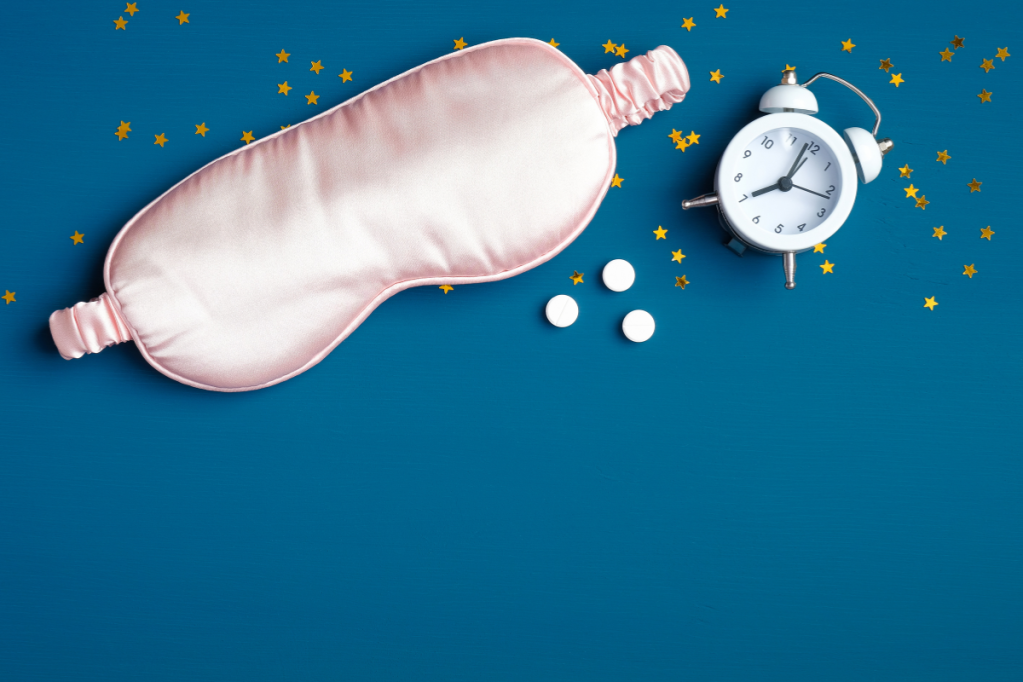
Sleeping pills aren’t the answer
If you thought popping a pill was the easy fix, think again. Pills only mask symptoms temporarily and often come with side effects – plus the risk of addiction.
Instead, Flinders researchers advocate for Cognitive Behavioural Therapy for Insomnia (CBT-I), a structured approach addressing insomnia’s root causes.
“Non-drug treatments don’t just work short-term – they provide lasting solutions for people,” says Sutapa.
“CBT-I gives people tools to take control of their sleep for the long term, rather than relying on medication,” says Danny.
CBT-I includes techniques like:
- Sleep restriction: Reducing awake time in bed
- Stimulus control: Making the bed a sleep-only zone
- Cognitive therapy: Changing negative sleep-related thoughts
- Relaxation techniques: Practicing mindfulness and breathing exercises
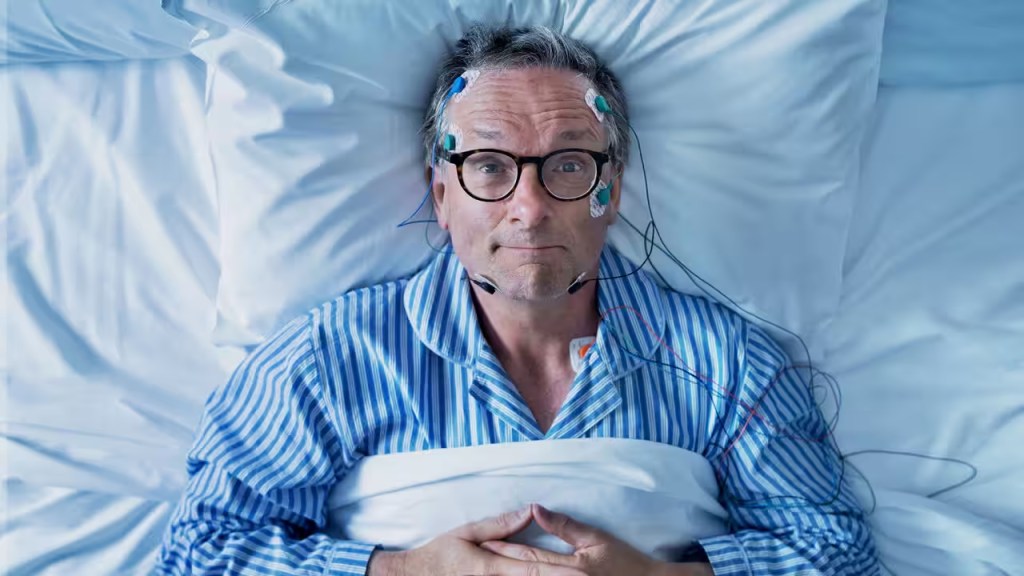
Australia’s Sleep Revolution: Putting SA on the global stage
This innovative approach to sleep disorders is highlighted in the award-winning SBS documentary Australia’s Sleep Revolution with Dr Michael Mosley, supported by the South Australian Film Corporation.
The project earned the Flinders team the prestigious Excellence in Science and Industry Collaboration award at the 2024 SA Science Excellence and Innovation Awards, and international gongs for science and documentary storytelling.
Danny says the documentary was an amazing opportunity to highlight the pioneering methods and research going on at FHMRI Sleep Health.
Behind the scenes: The groundbreaking Flinders trial
The documentary captured a groundbreaking clinical trial led by Danny and Sutapa, treating 30 Australians – including Dr Mosley himself.
Danny says it was challenging to treat some of the nation’s worst sleepers in a short timeframe – just eight weeks. “We had never put all this together before, so it was high risk.”
But despite the pressure, over 80 per cent of participants saw significant sleep improvements. “It certainly put rocket fuel under our research program,” says Danny.
Why Flinders is leading the sleep health revolution
Simply put, Flinders’ FHMRI Sleep Health is world-class. It’s not just a clinic that helps people sleep – it’s a dedicated 900m² research facility complete with sleep labs, virtual reality spaces, and even a driver simulation room (remember, sleep and driving safety are connected).
“We use advanced technology to pinpoint exactly what’s disrupting someone’s sleep, so treatments can be individually tailored and highly effective,” says Danny.
Sutapa says sleep research is such an exciting field to work in because it’s relatively new, so “there’s still so much uncharted territory.”
OK, but how can I sleep better tonight?
Here are the experts’ top tips for catching more zzz’s:
- Consistency: Try to go to bed and wake up at the same time daily
- Screen-free hour: No screens for at least an hour before bed
- Sleep-friendly room: Keep it dark, quiet, and cool
- Watch your intake: Limit alcohol and caffeine, especially close to bedtime
Tried everything and still feel like a zombie? Danny and Sutapa both stress that there’s no magic one-size-fits-all sleep hack.
If you’re struggling or suspect you have a sleep disorder, the best move is to chat with your GP. They can set you up with a mental health plan and connect you with a specialist sleep psychologist or physician at Flinders.
Learn more about FHMRI Sleep Health and volunteer for sleep studies here. Watch Australia’s Sleep Revolution with Dr Michael Mosley here.



